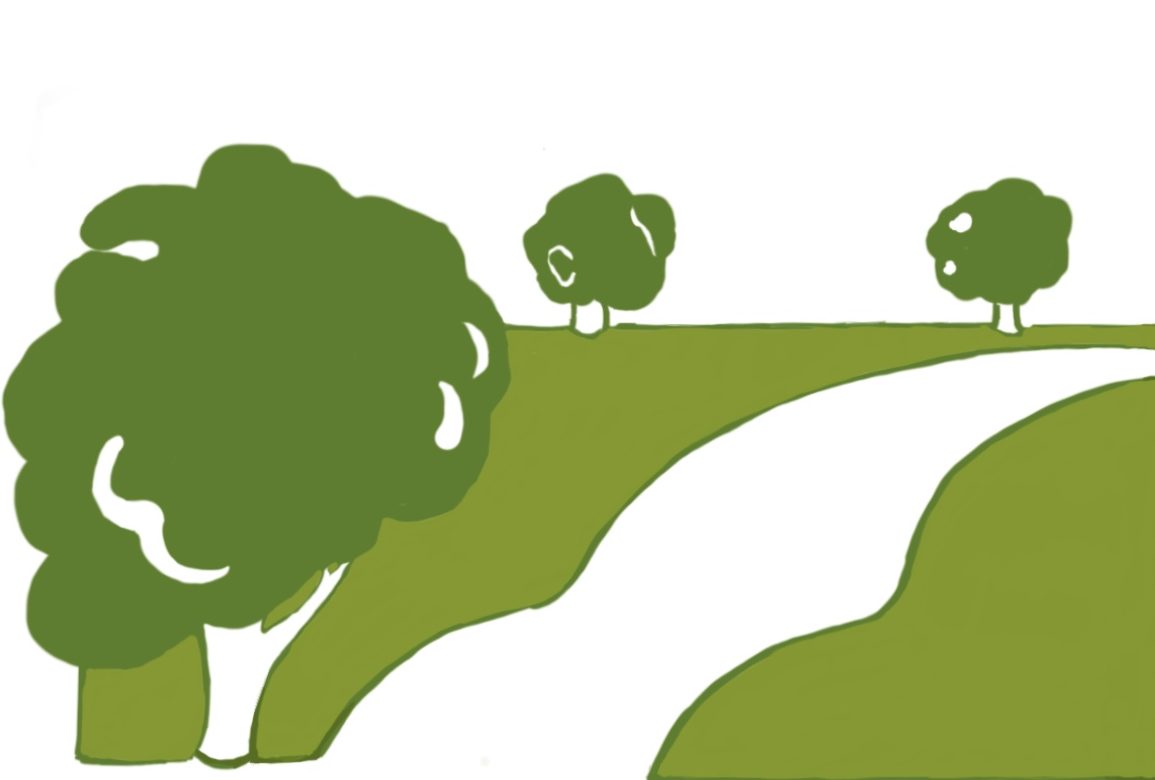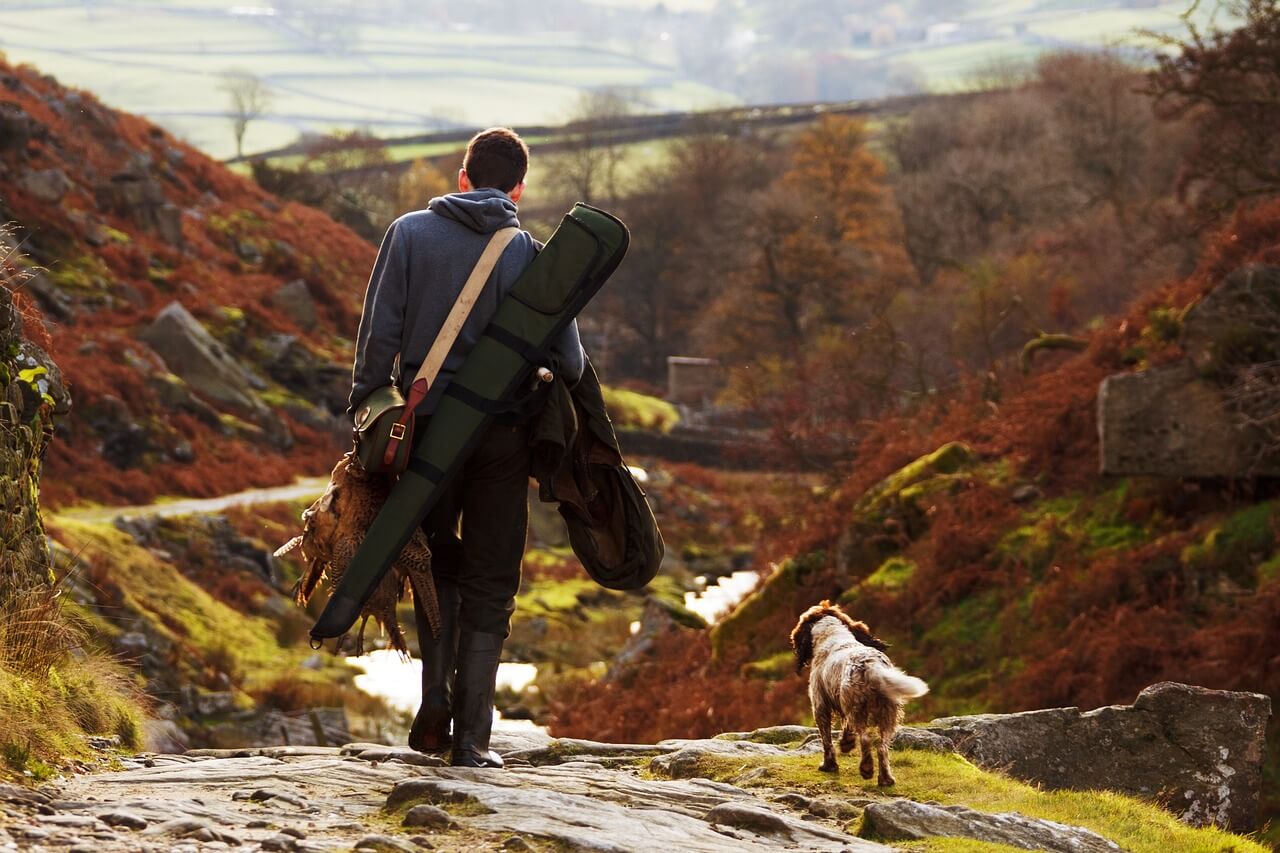Fields sports have been a central activity of the country way of life for centuries. In mediaeval times hunting was confined to the monarch or to those he gave permission. Despite frequent famine, common people faced horrendous penalties for poaching, including hanging or castration. Nowadays, field sports are open to all with very large numbers enjoying fishing in particular. Yet they are under threat as never before as debated at the recent Countryside Forum conference.
Hunting foxes with hounds was banned by the Hunting Act of 2004 amid fears that large numbers of horses and hounds would be destroyed and many lose their livelihoods. But hunts adapted to trail hunting and the numbers participating or following actually increased. Some hunts are now struggling to survive but there were still 176 in England and Wales in 2015 with another 10 in Scotland. There have been many claims that foxes are still hunted and killed with a number of prosecutions being successful. No illegal activity can be condoned but there are thousands of days hunting each year that pass off without incident. Now, however, the claims that trail hunting is simply ‘a smokescreen for illegal activity’ have reached the political agenda with the Labour Party’s Shadow Defra Secretary of State Jim McMahon saying that a future Labour Government will ban trail hunting. It is hard to see how the hunting community could adapt and survive.
Shooting has had some difficult years. Fifty years ago, the shooting of pheasants and partridges was a relatively low key activity with most farmers inviting their friends sometimes as syndicates to share the costs. In the late 1960s David Hitchings, a farmer at Gurston Down in the Chalk Valley west of Salisbury, realised that his land was much better suited to shooting than to farming and started one of the first commercial shoots in the country. Since then most shoots sell days and bags have increased significantly with the number of pheasants and partridges reared and released reaching fifty million a year. Covid brought major disruption, especially when lockdown caused days to be cancelled.
Then came avian influenza. Most of the gamebirds released in this country originate in France, predominantly the Loire Valley, and are imported as eggs or chicks. The serious outbreak of bird ‘flu in that area meant that far fewer than usual came here with the result that the number of birds released was far lower than previous years. Coupled with the huge increase in costs, particularly fuel and feed as a result of Russia’s invasion of Ukraine, this cause many shoots to cut back on days sold and/or bag sizes or even fold up altogether.
But as shooting tries to recover from the vicissitudes of the past three or four years, it faces fresh challenges. As a community, it needs to demonstrate that it can self-regulate, to make the changes required to retain its social licence. There are two prime examples. The main organisations initiated a voluntary phase out over five years of lead shot and yet a recent study has found that 94% of pheasants on sale for human consumption were killed using lead shot.
British Game Assurance was set up in 2018 to promote the sale of game as healthy food and as an assurance scheme to ensure best practice throughout, from egg to the table. The ultimate aim was for 80% of shoots to sign up, proving the willingness to self-regulate. And yet, take up has been disappointing. The continued persecution of raptors is another own goal; it may not be widespread but the choice of a small minority of gamekeepers to break the law will only hasten the imposition of regulation, just as the action of a few huntsmen reflects poorly on the vast majority. Participants must recognise the erosion of social licence and prove that they can self-regulate in line with the change in attitudes.
The Welsh Government encouraged Natural Resources Wales to ban shooting on the land it manages despite overwhelming favourable evidence provided by the public consultation. Now the Welsh Government has been consulting on a proposal to license the rearing and releasing of gamebirds. On first reading, it may seem reasonable as the conditions are only best practice as recommended by the Game and Wildlife Conservation Trust and the standards of British Game Assurance. But the proposal involves the banning of the rearing and releasing of gamebirds and then allowing it under licence subject to conditions. Given the attitude of the Welsh Government to shooting, it would be very simple to tighten the conditions and refuse licences once implemented. It has been strongly suggested that, if it is introduced in Wales, the policy will be included in the Labour Party manifesto for the next General Election.
It may seem that fishing gets off lightly but it is facing huge challenges of its own. The pollution of watercourses by water companies and by farmers is causing untold damage to riverine ecology whilst demands for greater public access to extend the ‘right to roam’ to all waterside and the ‘right to paddle’ on rivers are also a threat despite the popularity of the sport.
The economic and environmental arguments for field sports are often aired but the social impact is harder to evaluate. There is no doubt that hunting and shooting in particular form a focal point of social contact that is strongest in remote rural areas. Beaters and pickers-up may get paid but the camaraderie is as important. This came out to some extent during the passage of the Hunting Act through Parliament but needs more emphasis again today. If field sports were to be banned or severely restricted, the loss of social cohesion would be very difficult to replace.

